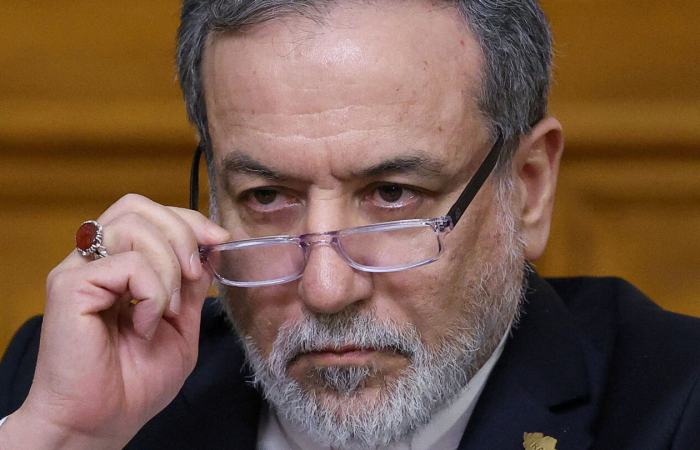The OSCE MG co-chair states go on dealing with settlement of Nagornyy Karabakh conflict in their present status and format, Foreign Minister of Armenia, Edward Nalbandyan, said in an interview with Armenian TV channels.
"Undoubtedly, they have to continue the negotiating process on reaching of accord on the basic principles and to speed up the process of their coordination, taking into account the work implemented earlier for making the reaching of the key accord possible. The atmosphere of creation of mutual trust will positively affect coordination of the basic principles. However, even in this case, a great work and mediation of the co-chair states are needed for formation of the document. It is very much important for Azerbaijan not to hamper creation of the atmosphere of mutual trust, like earlier, otherwise the process will fail", - Nalbandyan said.
He also added that for creation of the atmosphere of trust it is important to investigate the machinery of incidents on the line of contact, to which the Azerbaijani party always reacts extremely negatively. "The OSCE budget was discussed in Vienna a month ago. It was offered to allocate sums for creation of such machineries, but Azerbaijan said in that case it will set a veto at the OSCE budget. So, Baku hindered creation of the trust machineries. However, it is very much important that in the Sochi statement the presidents charged us to continue the process", - the minister said.
He also said that the attempts of the meeting of intelligentsia representatives of Armenia and Azerbaijan failed because of the anti-Armenian propaganda and permanent provocative statements in Azerbaijan. Such an atmosphere within the country does not promote holding of similar meetings, Nalbandyan said.







